Condo vs. House: Key Differences Every Homebuyer Should Know
When it comes to buying property, one of the first big decisions is whether to purchase a condominium or a single-family home. While both offer unique benefits, there are significant differences that can impact everything from your lifestyle to your home inspection report.
At Elevate Inspections, we specialize in both condo inspections and home inspections for houses, and we understand the unique characteristics that set these property types apart. Whether you're a first-time homebuyer or an experienced investor, here's what you need to know before you schedule your inspection.
1. Ownership and Responsibilities
Condo: When you buy a condo, you're purchasing the individual unit itself—usually the interior space—while the exterior, roof, landscaping, and common areas are owned collectively by the Homeowners Association (HOA). This shared ownership limits your maintenance responsibilities but also means you’re subject to HOA rules and monthly fees.
House: Buying a single-family house typically means you own the structure and the land it sits on. This gives you full control—but also full responsibility—for maintenance, repairs, and improvements. From the foundation to the roof, it’s all yours.
Home Inspection Tip:
In a condo inspection, the focus is usually on interior systems—electrical, plumbing, HVAC, appliances, and visible structural elements. In a house inspection, we evaluate all major systems inside and out, including the roof, foundation, exterior walls, attic, and more.
2. Scope of the Home Inspection
Condo Inspections:
Since common areas and building exteriors are maintained by the HOA, a condo home inspection typically excludes roofs, shared plumbing lines, and exterior walls—unless stated otherwise in your purchase agreement. Inspectors will thoroughly check the interior, including:
HVAC systems
Plumbing fixtures
Electrical panels and outlets
Windows and doors
Appliances
Signs of water intrusion or mold
House Inspections:
With a house, the inspection covers every accessible part of the property, including:
Roof and gutters
Attic and insulation
Foundation and crawl spaces
Garage and outbuildings
Decks and fences
Drainage and grading
3. Maintenance and Long-Term Costs
Condos are ideal for buyers looking for low-maintenance living. HOA fees typically cover exterior repairs, landscaping, and sometimes even utilities or insurance. However, these fees can increase, and you're still financially responsible for shared repairs through special assessments.
Houses require more upkeep, but you control how and when that maintenance is done. There are no HOA fees, but costs can vary widely depending on the age and condition of the home.
4. Resale Value and Flexibility
Houses generally offer more flexibility for renovations and tend to appreciate faster due to land ownership. Condos may have resale restrictions or require HOA approval for renovations, but they can be more affordable entry points into hot real estate markets.
Home Inspection Insight:
Regardless of the property type, a professional inspection helps protect your investment and provides leverage in negotiations. Elevate Inspections offers detailed, easy-to-understand reports that help you make confident decisions.
Conclusion: Why Property Type Matters in a Home Inspection
Whether you're buying a condo or a house, understanding what’s included in your home inspection is crucial. At Elevate Inspections, we go above and beyond to deliver comprehensive, personalized inspections that match your property type.
Schedule your home inspection today and let us help you take your next real estate step with clarity and confidence.


